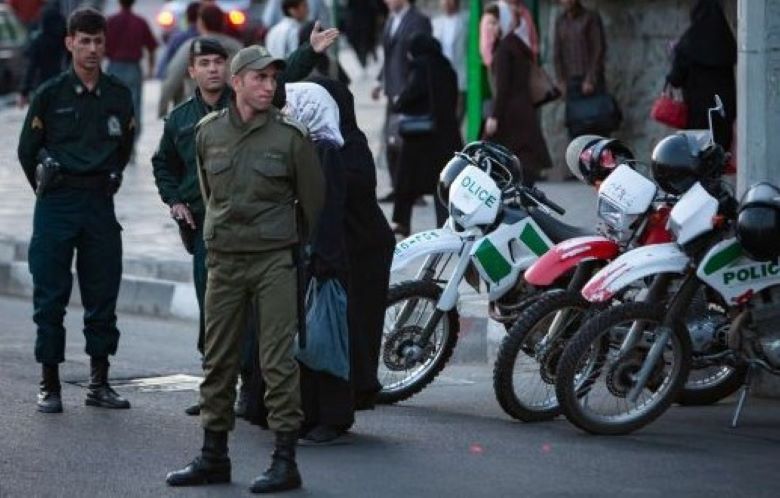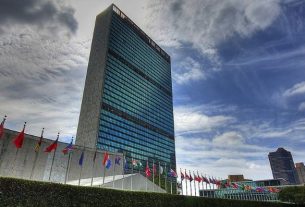Iranian military forces have killed eight militants in a series of operations in the restive southeast, following a deadly attack last month on a police station in the Sistan-Baluchistan province, state media reported on Tuesday. The attack, which took place on October 26 in Taftan county, was carried out by the militant group Jaish al-Adl and resulted in the deaths of 10 Iranian police officers.
Revolutionary Guards commander Ahmad Shafahi confirmed that the eight militants were killed during operations aimed at dismantling the group, with 14 additional militants arrested, including key figures involved in the Taftan attack. Iranian security forces also seized a large cache of weapons and ammunition.
The attack in Taftan is part of a broader pattern of escalating violence in Sistan-Baluchistan, a province that borders both Afghanistan and Pakistan. This region has long been a flashpoint for cross-border militant activity, especially by separatist groups like Jaish al-Adl, which opposes the Iranian government. Formed by Baloch separatists in 2012, the group is classified as a “terrorist organization” by both Iran and the United States.
Late on Monday, the Guards’ ground forces commander, Mohammad Pakpour, stated that the militants responsible for the October 26 assault were “not Iranian,” though he did not specify their nationalities. However, the province’s proximity to Pakistan and Afghanistan has made it a breeding ground for militants, with cross-border incursions and armed clashes between Iranian forces and insurgents occurring frequently.
Sistan-Baluchistan is one of Iran’s most impoverished provinces and has seen a sharp rise in violence in recent months. Earlier in October, two separate attacks in the province left at least six people, including police officers, dead. The combination of ethnic tensions, poverty, and militant activity in the region presents a continuing challenge to Iran’s security forces, who have been struggling to curb the influence of groups like Jaish al-Adl.
The province’s geopolitical importance—straddling the borders with Pakistan and Afghanistan—further complicates the security situation, as militants frequently use the rugged terrain to evade Iranian forces, launching cross-border raids and smuggling weapons. While Jaish al-Adl has claimed responsibility for multiple attacks on Iranian security forces, Tehran has been under increasing pressure to address the root causes of instability in this volatile region.
The Iranian military’s recent operations reflect a determined push to counteract separatist movements, but the long-term prospects for peace in Sistan-Baluchistan remain uncertain, given the region’s complex web of ethnic, economic, and political challenges.





